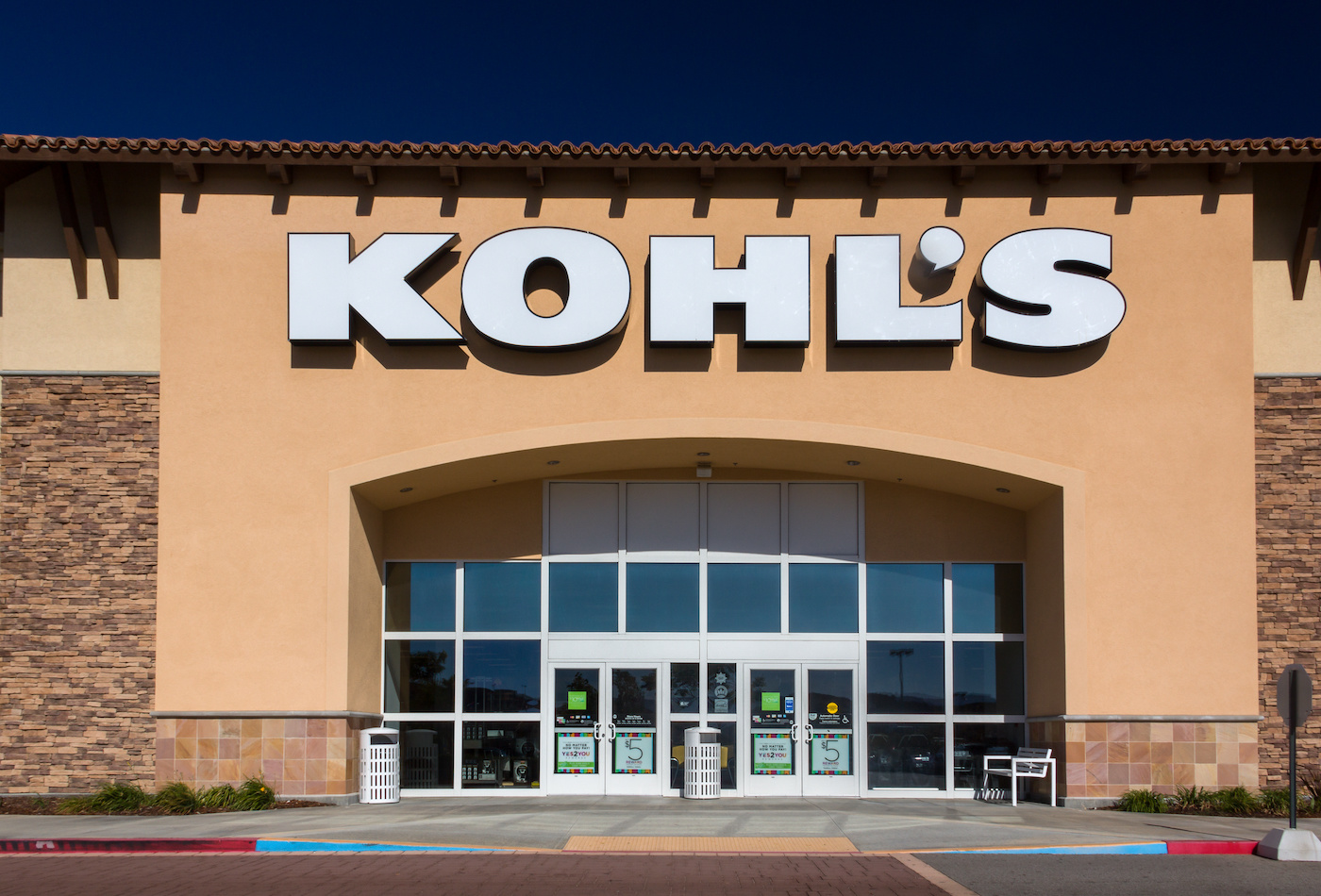Today marks almost exactly a year since small, independent traders and investors started to flex their muscles. On the equivalent day to today one year ago, January 25, 2020, GameStop (GME) traded in a range of $61.13-$159.18 as a battle raged between Wall Street short sellers and a then small group of retail traders. That day, the stock closed a little lower than it opened, but then, over the next few days, soared to a high of $483 as the little guys utilized leverage to put a classic squeeze on some big, institutional short positions.
There was a lot of hope at that time that the emergence of the so-called “meme stocks” would mark a massive power shift in the market, to where the hedge funds and speculators on Wall Street were forced to pay attention to the average Joe and stop some trading practices that massively influenced stock prices. To some extent, that did happen. Huge short positions in thinly traded stocks are now much less common than they were a year ago, but that doesn’t mean that hedge funds influencing stock prices has completely gone away.
Take the recent saga of Kohl’s (KSS), for example.
In a series of events that sounds increasingly like an episode of Billions, we learned over the weekend of two potential bids for the discount retailer, both from so-called “activist investors.” Both Macellum Capital Management and Acacia Research, a firm associated with Starboard Capital, have talked about a possible buyout of Kohl’s recently. Of course, both also already have significant positions in the stock. Macellum, for example, in a recent SEC filing that they owned just under seven million shares of KSS at that time.
That means that the move in KSS over the weekend, from Friday’s close of $46.84 to Monday’s opening at $61.71 resulted in an overnight paper profit of around $100 million for Macellum.
There is nothing illegal or even really wrong about that. Of course, any investor that wants to influence a company has to buy its stock in order to do so. Both funds have been very open about their holdings of KSS, and their desire to push the company in a different direction. It looks like a classic corporate raid at this point, with a lot of talk about stripping out assets, most notably real estate owned by Kohl’s and selling them off. If you are a small investor that holds KSS, you have benefitted too from what is now being reported as a possible bidding war between two funds for control of the company … that is, providing you sell and take your profits at some point.
As I said, nothing wrong or illegal, but I’m sure that for many individual traders and investors, this will come as a reminder of just how stacked the deck is against them. As all this has been going on, KSS has been bouncing around dramatically in a roughly $42-$62 range:

The weekend’s news of a possible price war by two possible suitors pushed the stock from the bottom to the top of that range, but so far, the word “possible” is all we have. There is no guarantee that either of the potential buyers will actually end up owning Kohl’s. From their perspective, though, whether they do or not, they are still looking at nine figure profits.
For them, that is just good business. After all, if they get into a bidding war, the “loser” makes over $100 million. However, it inevitably leaves the rest of us feeling that, even after the meme stock revolution, the real power on Wall Street is still in the same few hands.
Do you want more articles and analysis like this? If you are familiar with Martin’s work, you will know that he brings a unique perspective to markets and actionable ideas based on that perspective. In addition to writing here, Martin also writes a free newsletter with in-depth analysis and trade ideas focused on just one, long-time underperforming sector that is bouncing fast. To find out more and sign up for the free newsletter, just click here.
The views and opinions expressed herein are the views and opinions of the author and do not necessarily reflect those of Nasdaq, Inc.
www.nasdaq.com
